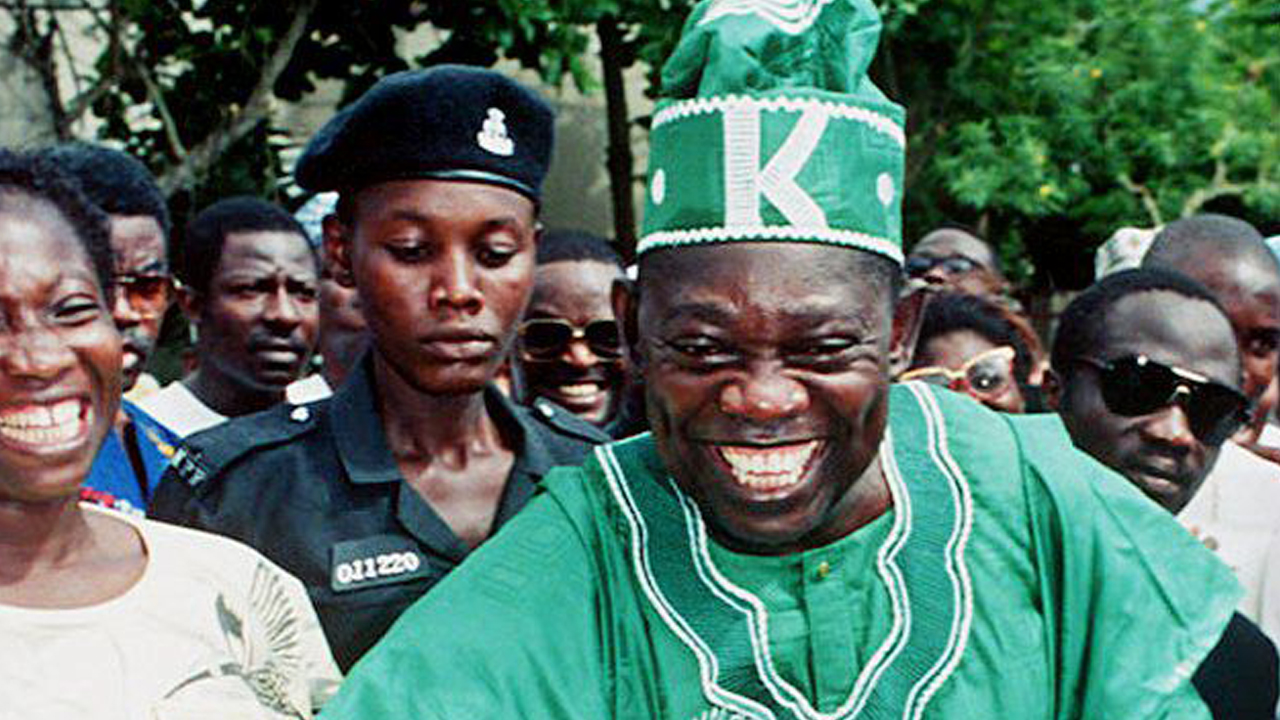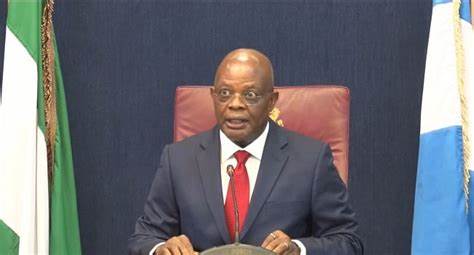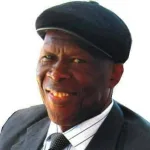June 12 holds a special place in the hearts of Nigerians as it symbolizes a pivotal moment in the nation’s history. This significant date represents the struggle for democracy and the pursuit of freedom and justice in Nigeria.
On this important day, let’s explore 25 Interesting facts about Nigeria’s Democracy Day, shedding light on its historical significance and the strides the nation has taken in embracing democracy.
Join our WhatsApp ChannelREAD ALSO:June 12 Nigeria’s Democracy Day: Significance, Importance
- June 12 marks the anniversary of the June 12, 1993, presidential election, which is widely regarded as the freest and fairest in Nigeria’s history.
- The election witnessed an unprecedented voter turnout, with millions of Nigerians from diverse backgrounds exercising their democratic rights.
- Moshood Kashimawo Olawale Abiola, popularly known as MKO Abiola, emerged as the presumed winner of the election.
- Sadly, the military regime annulled the election, sparking widespread protests and resistance.
- The annulment led to a prolonged struggle for the actualization of the June 12 mandate.
- MKO Abiola, a symbol of Nigeria’s democratic aspirations, was incarcerated for his refusal to renounce his electoral victory.
- Democracy Day was officially recognized on May 29, 1999, but in 2019, it was changed to June 12 to honour the significance of the historic election.
- The transition to democracy in 1999 marked the end of military rule in Nigeria.
- The democracy established in Nigeria has had its share of challenges, but it represents a crucial step towards a more inclusive and participatory system.
- Democracy Day serves as a reminder of the importance of upholding democratic principles, including free and fair elections, the rule of law, and respect for human rights.
- It is an occasion to celebrate the power of the Nigerian people’s voice in shaping the nation’s future.
- Democracy Day provides an opportunity for citizens to reflect on the progress made and renew their commitment to the democratic process.
- Nigeria’s democracy has witnessed significant milestones, such as the peaceful transition of power from one elected government to another.
- The country has experienced an increased participation of women in politics and decision-making processes, promoting gender equality in governance.
- Democracy has paved the way for the expansion of civil liberties and the protection of fundamental human rights.
- Nigeria’s democratic system has fostered the growth of a vibrant civil society and a free press, essential pillars for an open and accountable government.
- The country has made efforts to improve electoral processes, enhance transparency, and combat corruption.
- Democracy Day serves as a platform to recognize and honour the contributions of individuals and groups who have championed democracy in Nigeria.
- The celebration includes various events, such as parades, public speeches, cultural performances, and discussions on democratic values and challenges.
- Democracy Day showcases Nigeria’s commitment to regional and international collaborations in promoting democratic governance.
- It provides an opportunity for the international community to acknowledge Nigeria’s progress and support its continued democratic development.
- The day serves as a catalyst for dialogue on democratic reforms and the strengthening of institutions for good governance.
- Democracy Day encourages civic education, empowering citizens to actively participate in democratic processes.
- It reminds Nigerians of their duty to hold elected officials accountable and actively engage in shaping the nation’s future.
- Democracy Day represents hope and a renewed determination to build a prosperous, inclusive, and democratic Nigeria.
Nigeria’s Democracy Day on June 12 is an occasion of immense significance, embodying the country’s journey towards democratic governance.
READ ALSO:Democracy Day: Nwite Foundation Hails Tinubu, Urges Action Against Division
It is a day to celebrate the resilience of the Nigerian people, reflect on progress, and address the challenges that lie ahead.
FAQs
What is the significance of June 12 in Nigeria?
June 12 holds great significance in Nigeria as it represents a pivotal moment in the nation’s history. It symbolizes the struggle for democracy and the pursuit of freedom and justice. On June 12, 1993, Nigerians participated in a presidential election that was widely regarded as the freest and fairest in the country’s history. This election marked a watershed moment in Nigeria’s democratic journey and forever changed the course of the nation.
Why is June 12 called Democracy Day in Nigeria?
June 12 is celebrated as Democracy Day in Nigeria because of its association with the struggle for democracy. It commemorates the June 12, 1993, presidential election, which was a significant milestone in the nation’s democratic process. The day serves as a reminder of the importance of democracy, the power of the people’s voice, and the need to protect and uphold democratic principles in Nigeria.
Who was MKO Abiola and why is he important on June 12?
Moshood Kashimawo Olawale Abiola, popularly known as MKO Abiola, was a prominent Nigerian businessman, philanthropist, and politician. He emerged as the winner of the June 12, 1993, presidential election, which was subsequently annulled by the military regime in power at the time. MKO Abiola’s victory and subsequent fight for the recognition of the June 12 mandate made him an iconic figure in Nigeria’s struggle for democracy. He became a symbol of the people’s desire for justice, fairness, and democratic governance.
What was the significance of the June 12, 1993, election?
The June 12, 1993, election was a watershed moment in Nigeria’s democratic journey. It was a peaceful and transparent election that saw millions of Nigerians, across diverse backgrounds, exercising their democratic right to choose their leader. The election was widely regarded as the freest and fairest in Nigeria’s history. Despite its subsequent annulment, it ignited a pro-democracy movement and galvanized Nigerians to demand justice, accountability, and the restoration of democratic governance.
How is June 12 commemorated in Nigeria?
June 12 is commemorated in Nigeria through various activities and events. It is a national holiday known as Democracy Day, and Nigerians participate in ceremonies, symposiums, lectures, and discussions that reflect on the significance of June 12 and the struggle for democracy. The day also serves as an opportunity to honour the memory of MKO Abiola and other heroes of Nigeria’s pro-democracy movement.
What lessons can be learned from June 12?
June 12 teaches us valuable lessons about the importance of democracy, the power of the people’s voice, and the need to protect and uphold democratic principles. It reminds us of the resilience and determination of the Nigerian people in their pursuit of freedom, justice, and good governance.












![Trump, Zelenskyy Discuss Peace Plans During Pope Francis’ Funeral In Rome [VIDEO]](https://www.primebusiness.africa/wp-content/uploads/2025/04/Trump-and-Zelenksy-meet-at-Pope-Francis-Burial-150x150.jpeg)






Follow Us